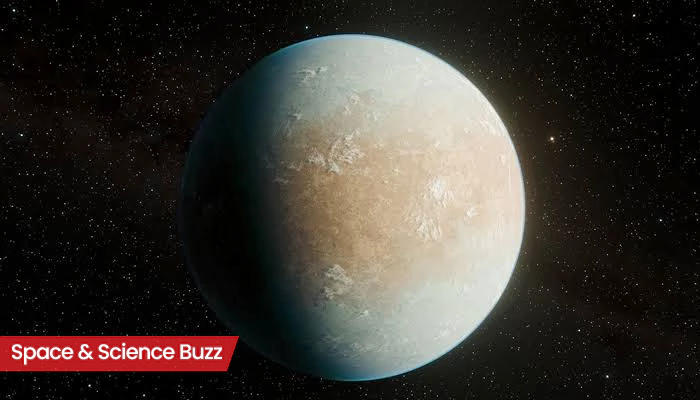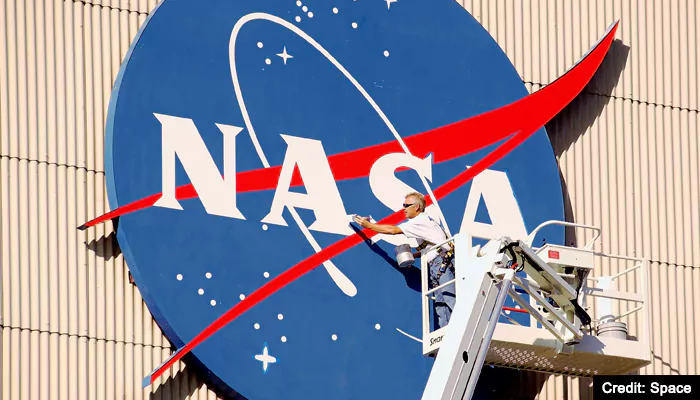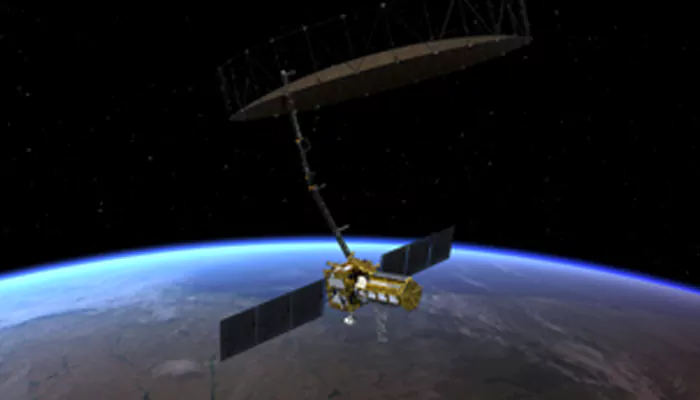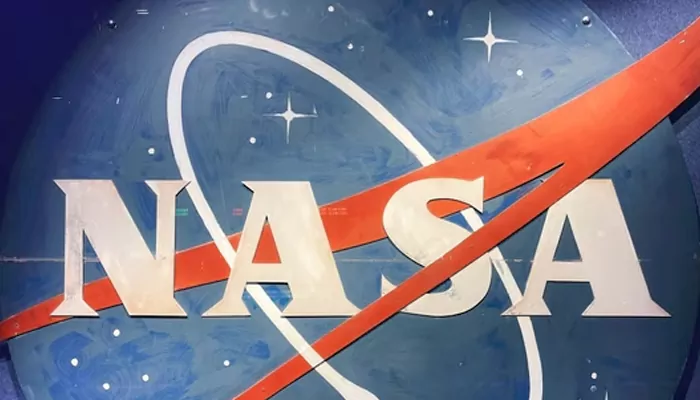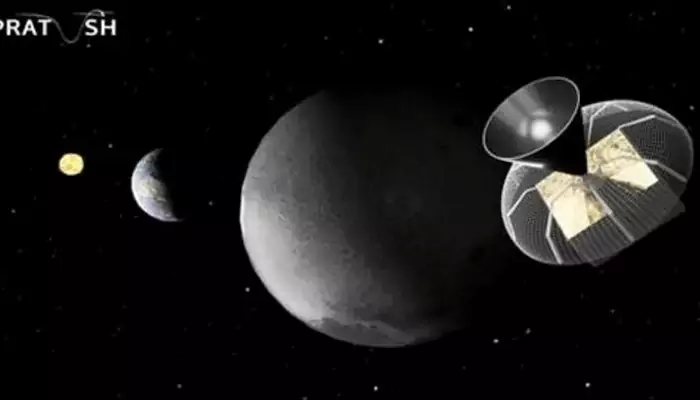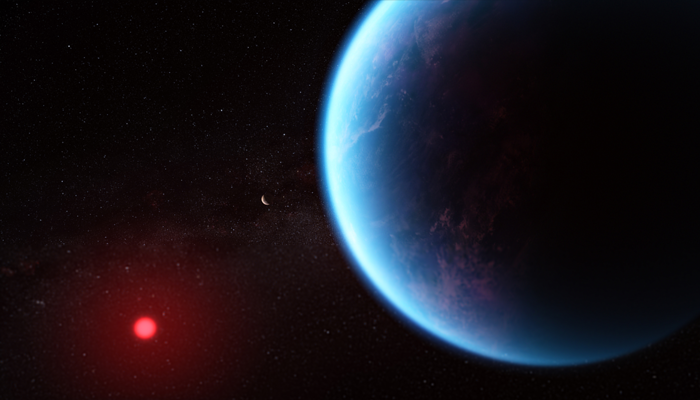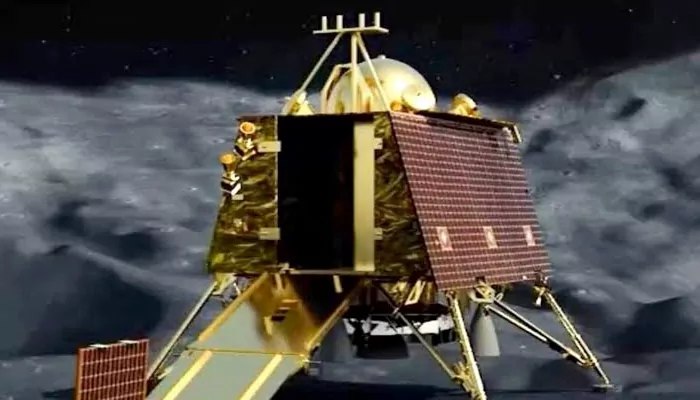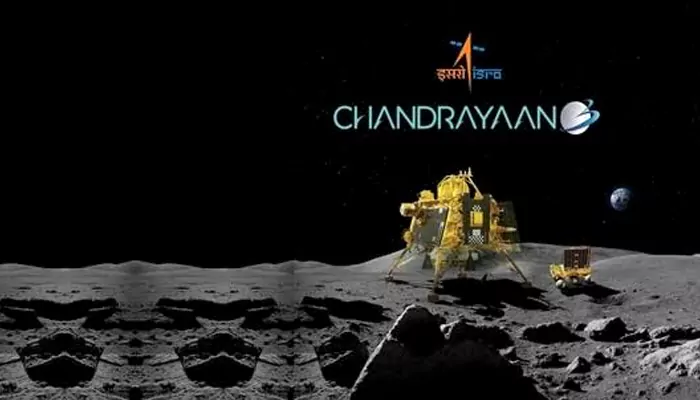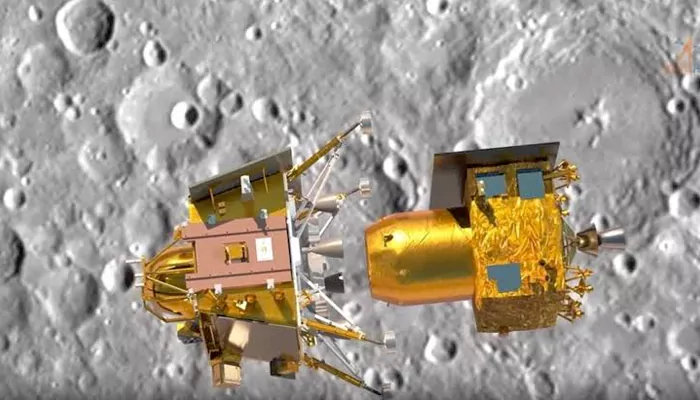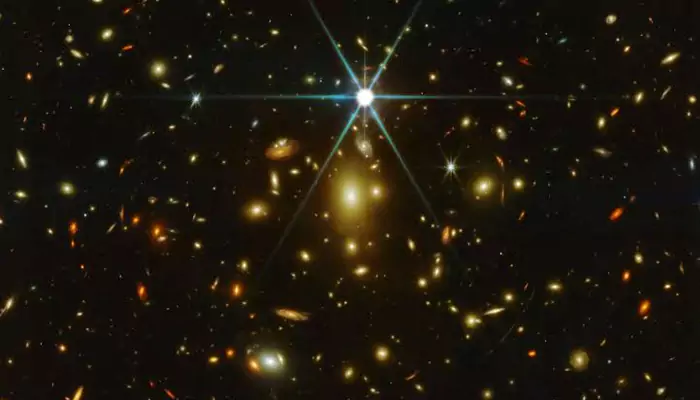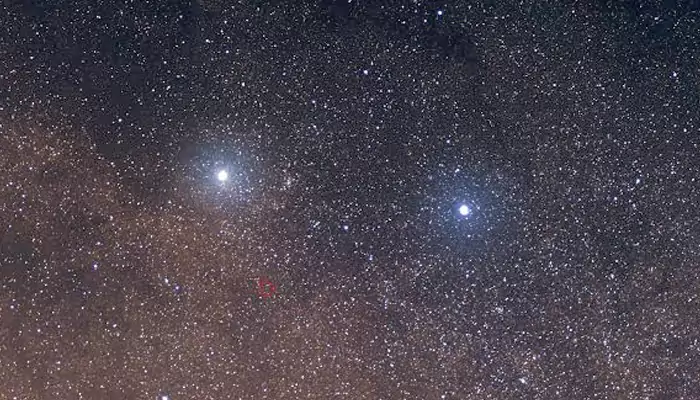
Here are today’s most important updates from the realm of Science and Space.
Eco-Friendly Space: LignoSat, World’s First Wooden Satellite Launched
Scientists in Japan are set to test the world’s first wooden satellite, LignoSat, developed by a team from Kyoto University and homebuilder Sumitomo Forestry, and will be launched on Nov. 5' pic.twitter.com/Go6sSnPXP0
— Reuters Science News (@ReutersScience) November 1, 2024
Credit - X/@ReutersScience
The world’s first wooden satellite, LignoSat, built by Japanese scientists, was launched into space in an early test of using wooden materials for space exploration. Developed by Kyoto University and homebuilder Sumitomo Forestry, the satellite will reach International Space Station (ISS) on a SpaceX mission. The palm-sized LignoSat is tasked to demonstrate the potential of the renewable materials like wood for as humans explore living in space. “With timber, a material we can produce by ourselves, we will be able to build houses, live and work in space forever,” said Takao Doi, an astronaut who has flown on the Space Shuttle and studies human space activities at Kyoto University.
Fastest Feeder Found! Black Hole in the Early Cosmos Sets New Records

Astronomers have detected a supermassive black hole, located at the center of a galaxy just 1.5 billion years after the Big Bang that is consuming matter at a phenomenal “fast” rate, which is more than 40 times of the theoretical limit. Named as LID-568, the black hole was found by a cross-institutional team of scientists led by International Gemini Observatory/NSF NOIRLab astronomer Hyewon Suh. They used the James Webb Space Telescope (JWST) to observe a sample of galaxies from the Chandra X-ray Observatory's COSMOS legacy survey. Although the ‘feeding’ was short lived, but this 'feast' could help scientists to explain the rapid growth of supermassive black holes in the early Universe.
Extinction Red Alert: Scientists Unveil Scary Predictions for Earth’s Future
The Younger Dryas period saw the rapid disappearance of over 100 species of megafauna worldwide, including mammoths, giant sloths, and cave bears. This mass extinction, occurring in what geologists would consider an 'eye blink,' raises profound questions about the extreme… pic.twitter.com/ScOc0lAyvB
— Randall Carlson (@randallwcarlson) November 3, 2024
Credit - X/@randallwcarlson
Scientists at the University of Bristol predicted humans and other mammals will vanish from Earth in a mass extinction event linked to extreme temperatures in the future. “Widespread temperatures of between 40 to 50 degrees Celsius, and even greater daily extremes, compounded by high levels of humidity would ultimately seal our fate,” lead author Dr Farnsworth said. Eventually, mammals will find it difficult to gather food because of extreme heat and dryness in a major parts on the land. Earth has gone through at least five mass extinction events till now. The recent research has predicted that said mass extinction will happen after at least millions of years. However, global warming and climate change are already looming large over humanity, which need immediate attention.
Sugar’s Lasting Impact: Kids Who Loved Sweets Face Elevated Diabetes Risk Later

A recent study (Sugar rationing in the UK) confirmed that a diet with lots of sugar in the first two years of life can dramatically increase the risk of diabetes and high blood pressure after couple of decades. It is not restricted to sugar cravings in childhood. If baby is exposed to excess sugar while staying in womb, it can also promote the risks of diabetes in later stage of life, the research mentioned. The scientists from University of Southern California in Los Angeles also confirmed that, it's not about removing sugar from the diet, the real trick is consuming sugar in moderation.

